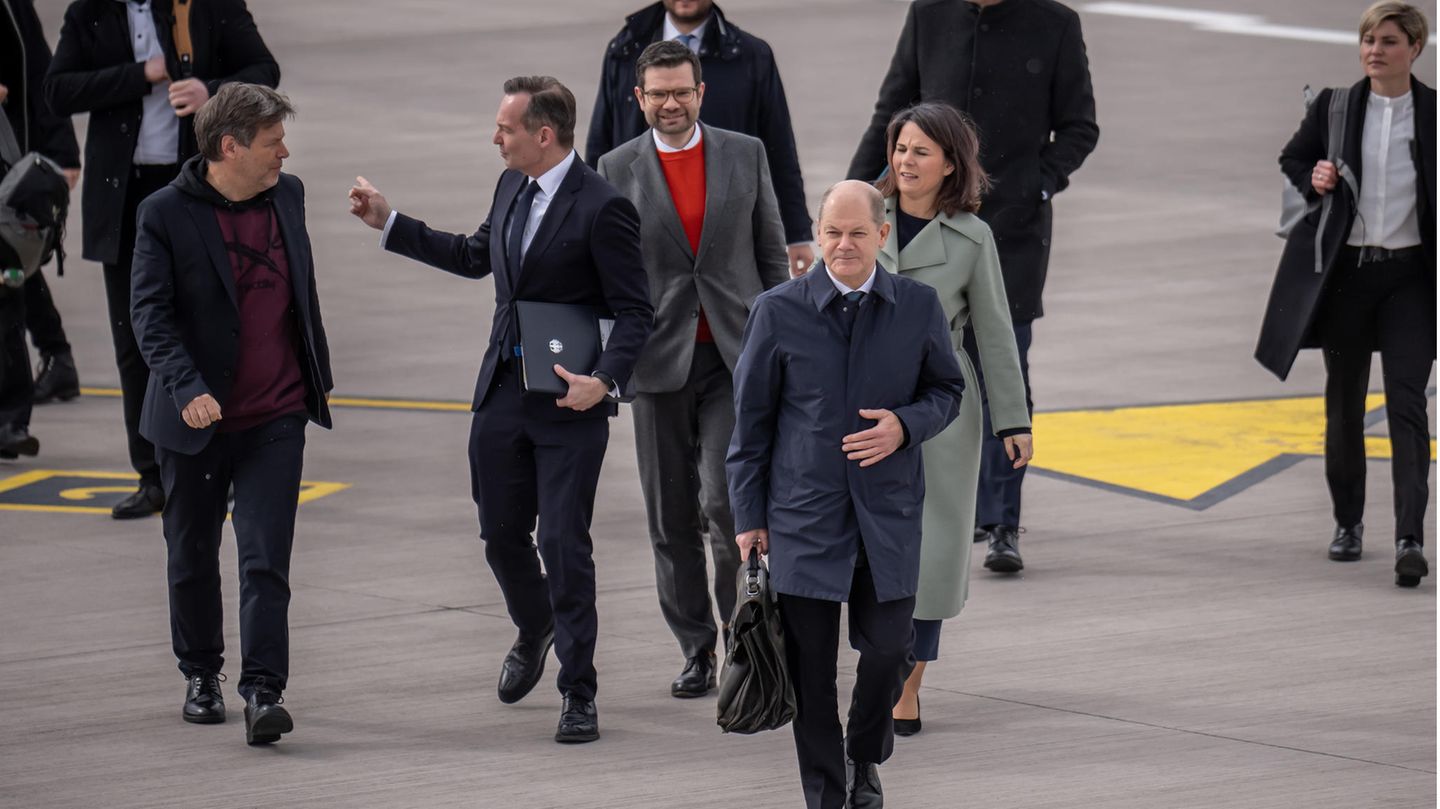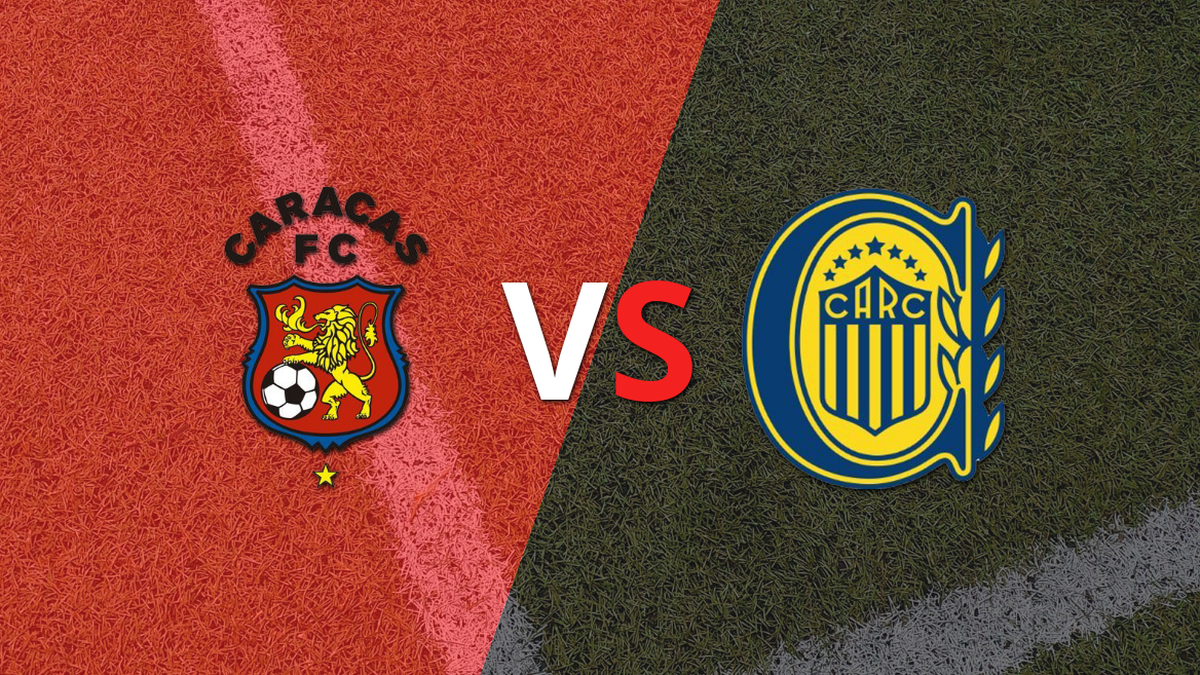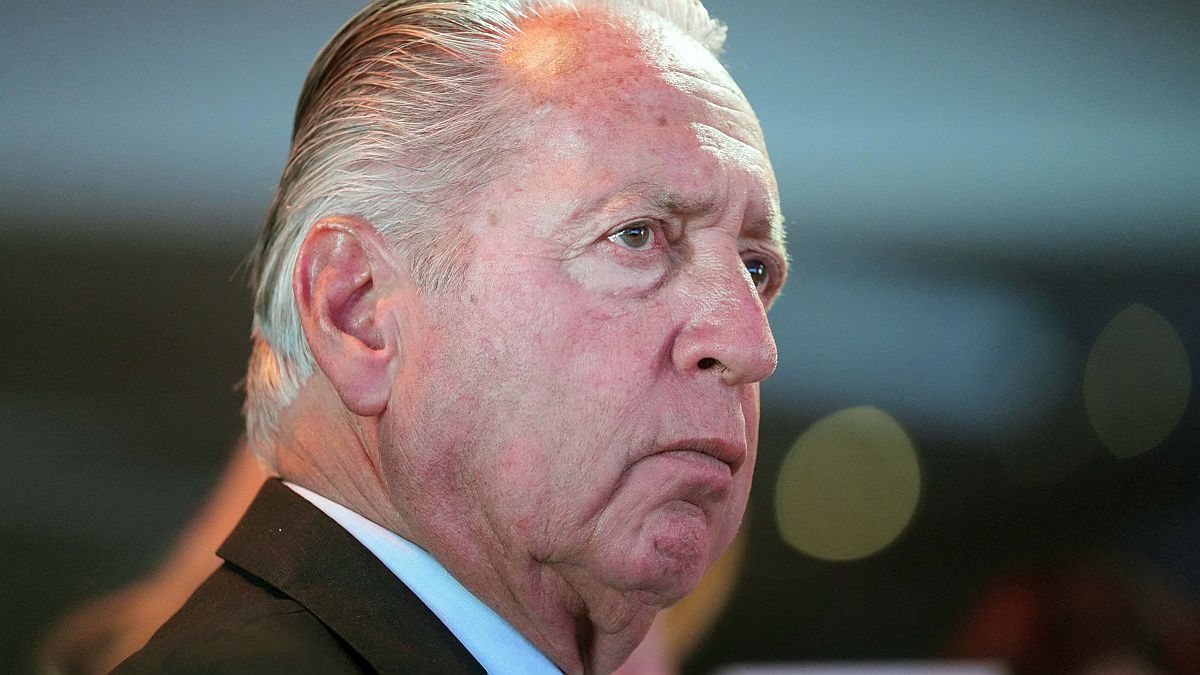Even after a 19-hour ultramarathon of negotiations, the coalition committee was unable to agree on the results – and therefore postponed it until tomorrow morning. I’m sorry, what?
Did you also hear that collective “Oooooooaah, nee, ne?” groaning throughout Germany that afternoon? At 2:11 p.m., the message came that again nothing will come of an agreement in the traffic light coalition, at least not today.
The spokespersons for the SPD, the Greens and the FDP said in an unadorned email that “we had made a lot of progress in trusting and constructive talks.” The coalition committee will “continue tomorrow morning”. A solution to the disputes, which were last numbered at 30, is still pending. Result as open as the end.
This is of course disappointing. You, dear readers, were probably looking forward to the discussion at the dinner table or the regulars’ table. Motzen again really about “the ones there in Berlin”? Or explain the smart move of the super chancellor to your colleagues? Don’t worry, none of this has to be cancelled.
After all, that’s just politics. If necessary, you’ll comment on it without concrete results. After all, not knowing does not mean not believing. Attached is a speech note for all discussants. Simply choose your favorite argument!
Argument #1: It’s better to do another round than announce half-baked results now. A good compromise takes time.
Do you remember the Easter peace? With this mini lockdown, the then ruling GroKo wanted to tame the corona pandemic – and spoil our holidays. Merkel realized her mistake just in time. There was also a traffic light equivalent: Do you remember the gas levy? This also turned out to be a schnapps idea – fortunately also in good time before it came into force. Because, as Christian Lindner pointed out, it would make gas even more expensive instead of cheaper.
With the sentence “You don’t get that many free shots as a coalition!” you are definitely right now. And then you go on arguing: When it comes to the future of the country, our prosperity, the household or that stinking heating monster in the basement, then politicians should think about a solution for a few hours longer than nod in on the first compromise that comes along.
A very practical argument for an interruption was added today: an impending appointment collision. The chancellor and half the cabinet were expected in Rotterdam in the early evening for German-Dutch government consultations. With every passing minute, one question became more and more urgent: After the e-fuel number in Europe, is this government going to prove itself to be an unreliable partner again? Better adjourn then.
Argument #2: Coalition negotiations are actually conducted before a government is formed.
Politics is a craft. Max Weber already knew that, and his quote should not be missing in any self-confident analysis. Politics, writes Weber, is “a strong slow drilling of hard boards with passion and a sense of proportion at the same time”. Which begs the question of whether the traffic light is arguing about the right boards – or just not being able to operate the drill.
If you want to emphasize the manual aspect, you will stick with the drill. Like every tool, it also has operating instructions that are written precisely and understandably at best – which unfortunately cannot be said about the coalition agreement. For months, the SPD, Greens and FDP have been arguing about how certain formulations should be understood. And how not.
As with basic child security, the same rate can be worth ten billion euros more for some than for others. Yes, you read that right: ten billion euros. A coalition committee will no longer help. This has nothing to do with solid craftsmanship. For this you need a proseminar “Introduction to Hermeneutics”.
Of course, anyone who argues in this way knows immediately who would do it better. In the 16 years of the Union-led federal government, it was always clear how each sentence in the coalition agreement was to be understood. That is, almost.
Argument #3: There should be no more night meetings. This is not a good sign for the coalition.
Angela Merkel liked to claim that she could store sleep like a camel stores water. Such a quality is still considered a physical prerequisite for a career in politics. And I’m sure someone still mentions Napoleon, who supposedly got by with just three hours of sleep.
Counter it with science! More precisely, with the results of sleep research, according to which the human body reacts after a sleepless night as if it had one per thousand alcohol in the blood. 24 hours without sleep feels like you’ve had a blood alcohol level. Who wants to be ruled by drunks?
If that doesn’t help, cite Michael Roth. The SPD man is chairman of the Foreign Affairs Committee and he knows from his own experience what burnout feels like. Roth tweeted today: “I was really hoping that a modern democracy could do without such attacks on mental and physical health. What a pity.”
That’s exactly what the traffic light had promised itself and us: no night meetings, instead collegial processing of open questions, brushing teeth and after the sandman, bang, everyone is in their beds. Now they meet again in the evening to increase the pressure as a precaution, and then sit open-ended, like these despicable coalitions without “progress” in their names.
Argument #4: That’s just embarrassing. Now Olaf Scholz flies the store apart.
Anyone who likes bold theses and prefers to proclaim the end of a government in front of everyone else can of course do so today. Here, due to the current situation, the football comparison, which is popular in political discussions, can be used. FC Bayern Munich has just fired its coach because he is said to have failed to reach the players.
Now it is not known whether Julian Nagelsmann unsuccessfully locked himself in with his squad in the office on Säbener Straße overnight to smooth the waves. But if a Chancellor asks his cabinet to sleepy night and still has no result to announce, one could come to a similar conclusion as Oliver Kahn and Hasan Salihamidžić in the coaching question: Scholz has lost the cabin. That’s it. Out, the game is over.
It is well advised not to delve further into the comparison at this point. In the next sentence one would have to explain Friedrich Merz to the Thomas Tuchel of German politics. And that might be going a step too far.
Argument #5: All just the usual Scholz tactics. The chancellor already knows exactly what he wants.
Admittedly, that may sound a bit bold today, but it makes sense that the chancellor has been talking about “confidence” for weeks. In the discipline of freeing oneself from a seemingly hopeless situation, Scholz is currently the Houdini of Berlin politics.
A quick reminder: at the beginning of the year, the whole world mocked the chancellor for being too hesitant about military aid to Ukraine. In the star was even on the title “Germany, the embarrassing partner”. And a little later this Scholz actually pulled his tank coalition out of a hat, for which he had not only rounded up half of Europe, but also and especially: the United States of America. Because Joe Biden is now delivering Abrams tanks, Scholz is delivering Leopards. Because this Scholz always thinks of everything from the end.
At this point, three things are recommended to anyone who doubts this assessment: a full-length video study of Scholz’s citizens’ consultation hours, an intensive conversation with his chancellery minister, Wolfgang Schmidt. Or a look at Scholz’s standard work “Hoffnungsland” from 2017. As early as line eight of the foreword, the then chancellor-to-be wrote a sentence of downright shocking foresight: “The world is currently experiencing a turning point.”
Argument #6: While the traffic light is still debating, we have to make decisions. Citizens and companies finally need planning security.
As is so often the case in politics, this coalition committee cannot be separated from the rest of the news. Then the united workers of the offices and railways go on a mega strike – and the traffic light joins in right away. Highly paid top politicians are refusing to work in the chancellery, while worried home builders are sweating over heating catalogs all over the country.
This coalition has promised to accelerate planning. It’s been a long time. Instead, she slows down her decision. And no one knows what to plan with. Only one thing is certain: the coalition committee will meet to the bitter end.
If all of this is too complicated for you, but you still wonder “what did et jelegen do?”, we finally have the ultimate answer:
Source: Stern
I have been working in the news industry for over 6 years, first as a reporter and now as an editor. I have covered politics extensively, and my work has appeared in major newspapers and online news outlets around the world. In addition to my writing, I also contribute regularly to 24 Hours World.




